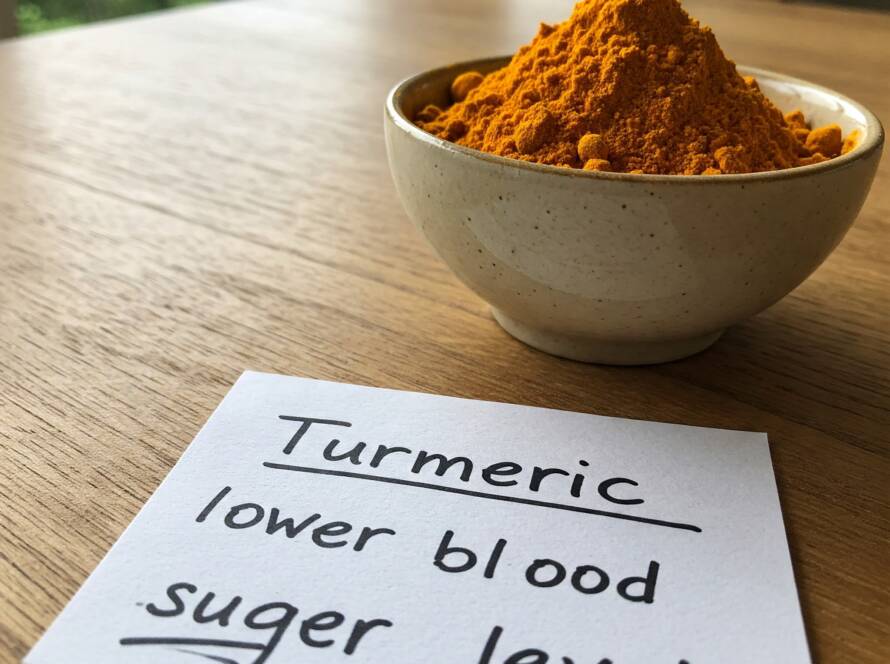Garlic has been used for centuries as a natural remedy, but modern science is now uncovering its powerful effects on heart health. Recent research suggests that garlic can help prevent and reduce cardiac hypertrophy, a condition where the heart becomes enlarged and weak due to excessive stress. But how does garlic work at the molecular level to protect the heart? Let’s explore.
How Garlic Protects the Heart
Scientists conducted a study where they induced cardiac hypertrophy in rats using isoproterenol (Iso), a chemical that stresses the heart. Some of the rats were then given raw garlic every day. The results showed that garlic:
-
Reduced oxidative stress in the heart
-
Improved heart structure and function
- Restored the balance of key heart enzymes
- Increased Na+/K+-ATPase protein levels, which are important for heart cell function
These findings suggest that garlic helps the heart recover from stress and prevents harmful changes that could lead to heart disease.
To understand how garlic works, scientists identified three major garlic compounds in the blood:
-
Allyl Methyl Sulfide
-
Allyl Methyl Sulfoxide
-
Another sulfur-based compound
When tested on heart cells, these garlic compounds:
-
Increased Na+/K+-ATPase protein levels
-
Reduced intracellular calcium, preventing cell damage
-
Decreased heart cell size, preventing excessive growth
Interestingly, when scientists blocked Na+/K+-ATPase, the benefits of garlic disappeared. This means that garlic’s heart-protective effects come from its ability to regulate this key protein.
What This Means for You
This study suggests that eating garlic regularly could help maintain a healthy heart by protecting against cardiac hypertrophy and improving heart function. While more research is needed, these findings highlight garlic as a natural and effective way to support heart health.
So, adding fresh garlic to your diet might be more than just a tasty choice—it could be a lifesaver for your heart!
Stay healthy, eat naturally, and let garlic be your heart’s best friend!
Source: NIH



